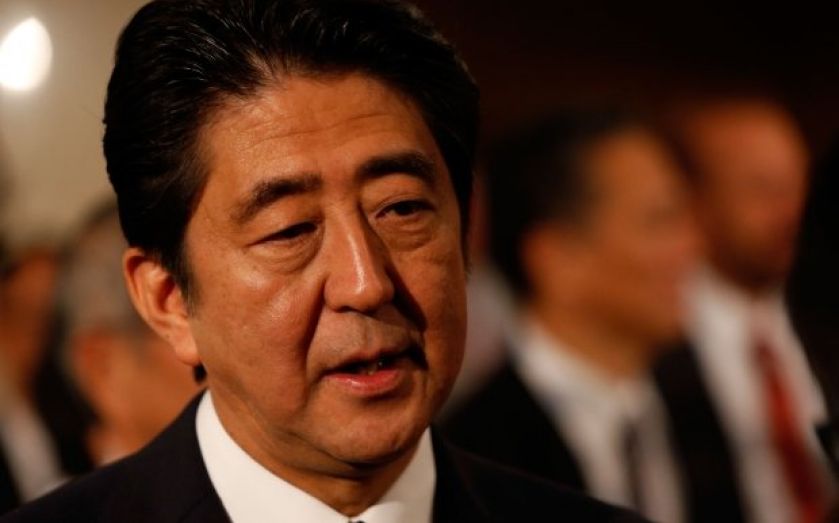The most important economic event this year starts tomorrow

Japan’s sales tax rises from five per cent today to eight per cent tomorrow, the first increase in 17 years, and an experiment that the rest of the world should be paying attention to.
The tax is a self-imposed test of Abenomics, Prime Minister Shinzo Abe’s primarily monetary-policy driven stimulus effort.
Despite a spate of less than encouraging Japanese economic data in recent weeks, the policy has had some real success so far: inflation was running at 1.5 per cent in February, up from minus 0.7 per cent in the same month last year.
Bringing in a two per cent inflation target and ending Japan's protracted deflation has been the primary aim of the policy, and on this basis it’s not doing badly.

Source: JPMorgan
But there are still big issues for the country: the recent weakening of the yen has been driven by markets outside of Japan, suggesting that local investors are less enamoured with Abe’s radical approach.
Falling real wages still hold back the Japanese economy, and many analysts are sceptical of putting further pressure on the economy with the tax hike.

Source: Thomson Reuters Datastream/Fathom Consulting
Bloomberg’s Matthew Klein (among others) suggests that the move is a mistake for reasons like these. The 1997 tax hike is often blamed with pushing the country back into recession, and whether that’s true or not, it might be widely believed enough to weigh on the country’s economic sentiment.
It’s worth remembering that many people were similarly fearful of the sequestration fiscal tightening as it began in the US – but the changes didn’t have a dramatic effect, which some people attribute to the Fed’s QE programme.
Monetary policy in Japan has been at or very close to the zero lower bound for the best part of 20 years: immediate rates haven’t been above 0.75 per cent since the summer of 1995. Whether the Bank of Japan still has the ammunition to avert the negative effects of the hike is going to be an enormous story for the country.
But the ability of the Japanese monetary policy to offset the tax hike is not just interesting to Tokyo: other advanced economies with chronic fiscal deficits and near-zero interest rates should be paying close attention.